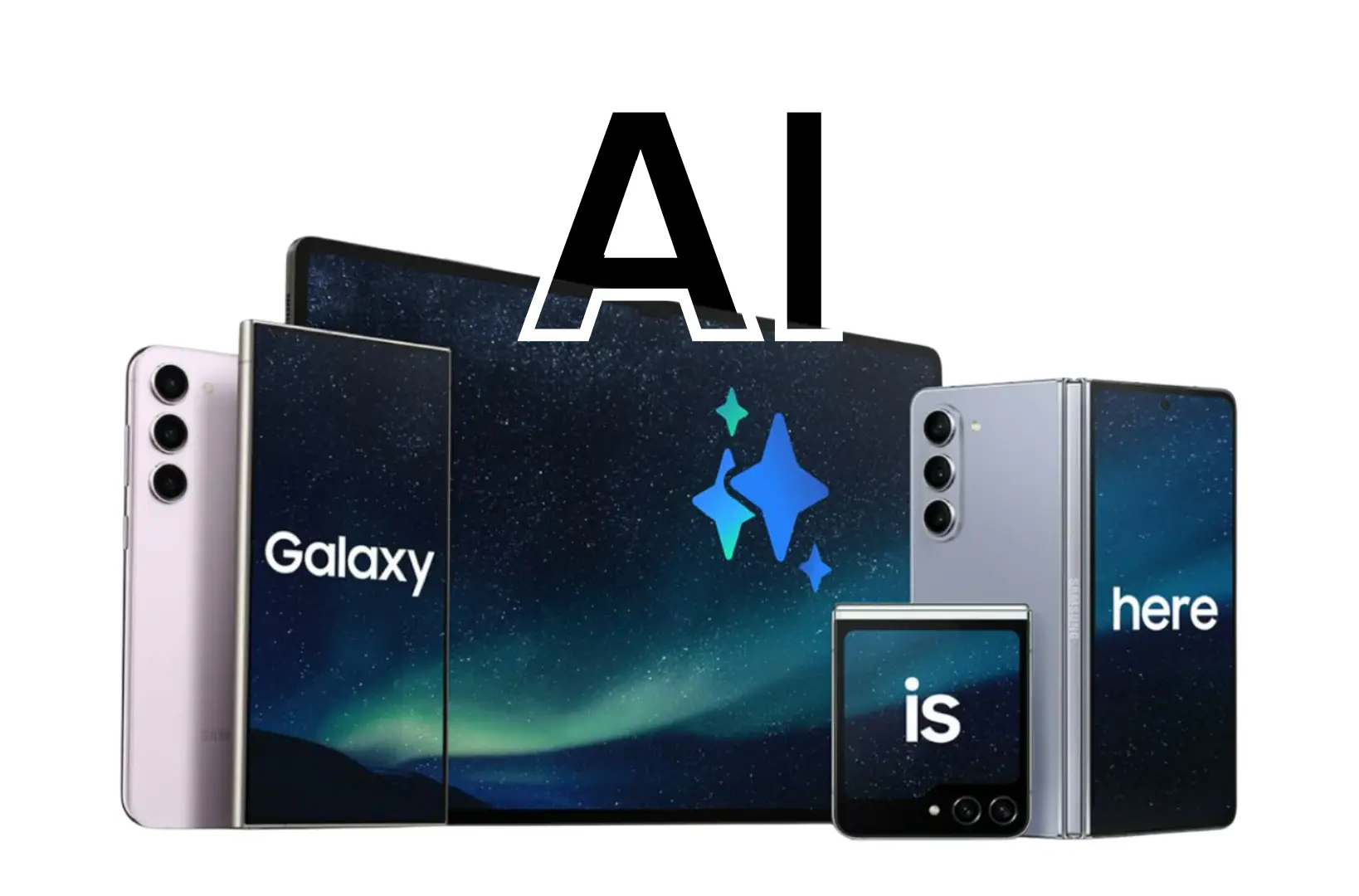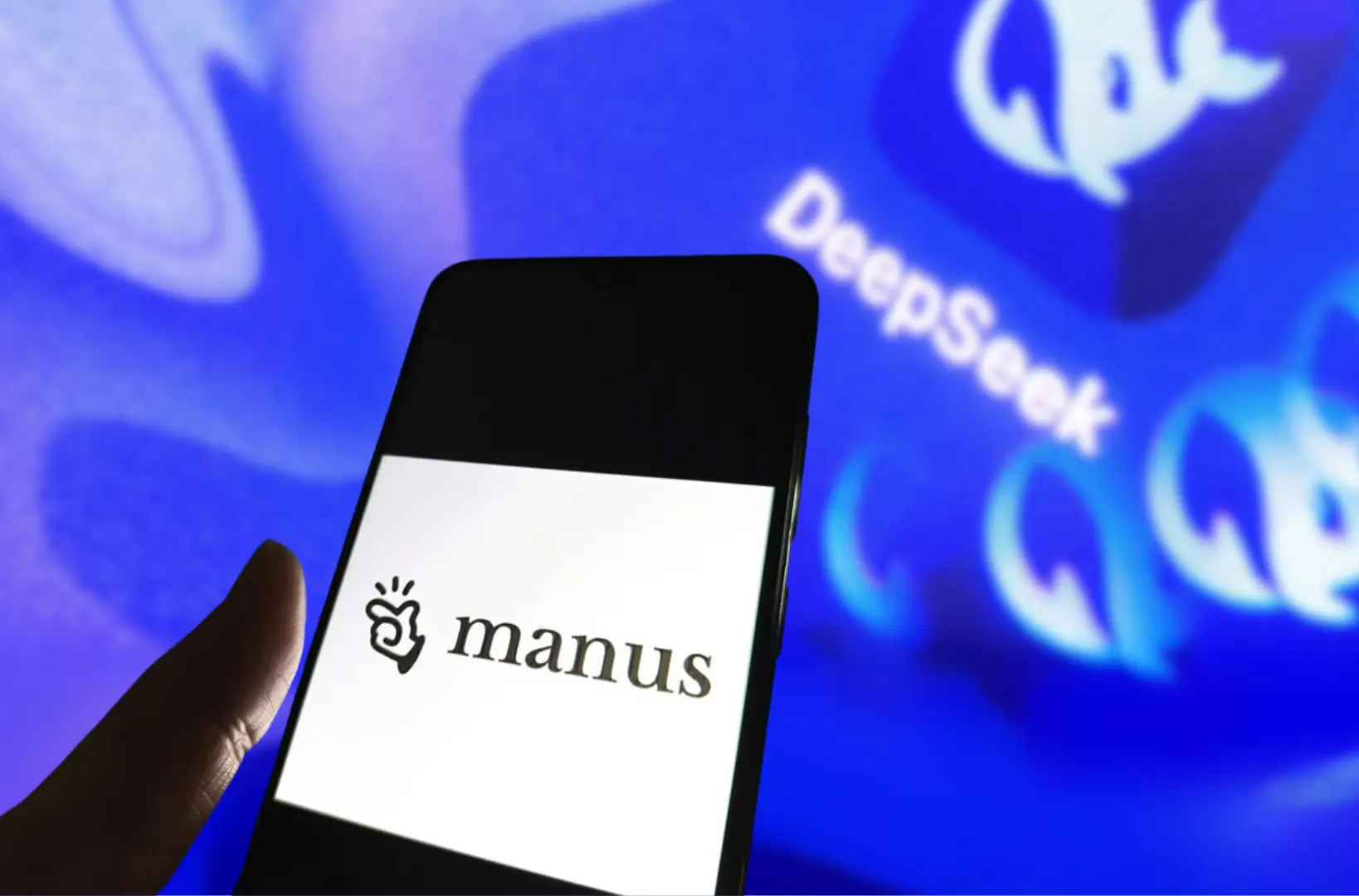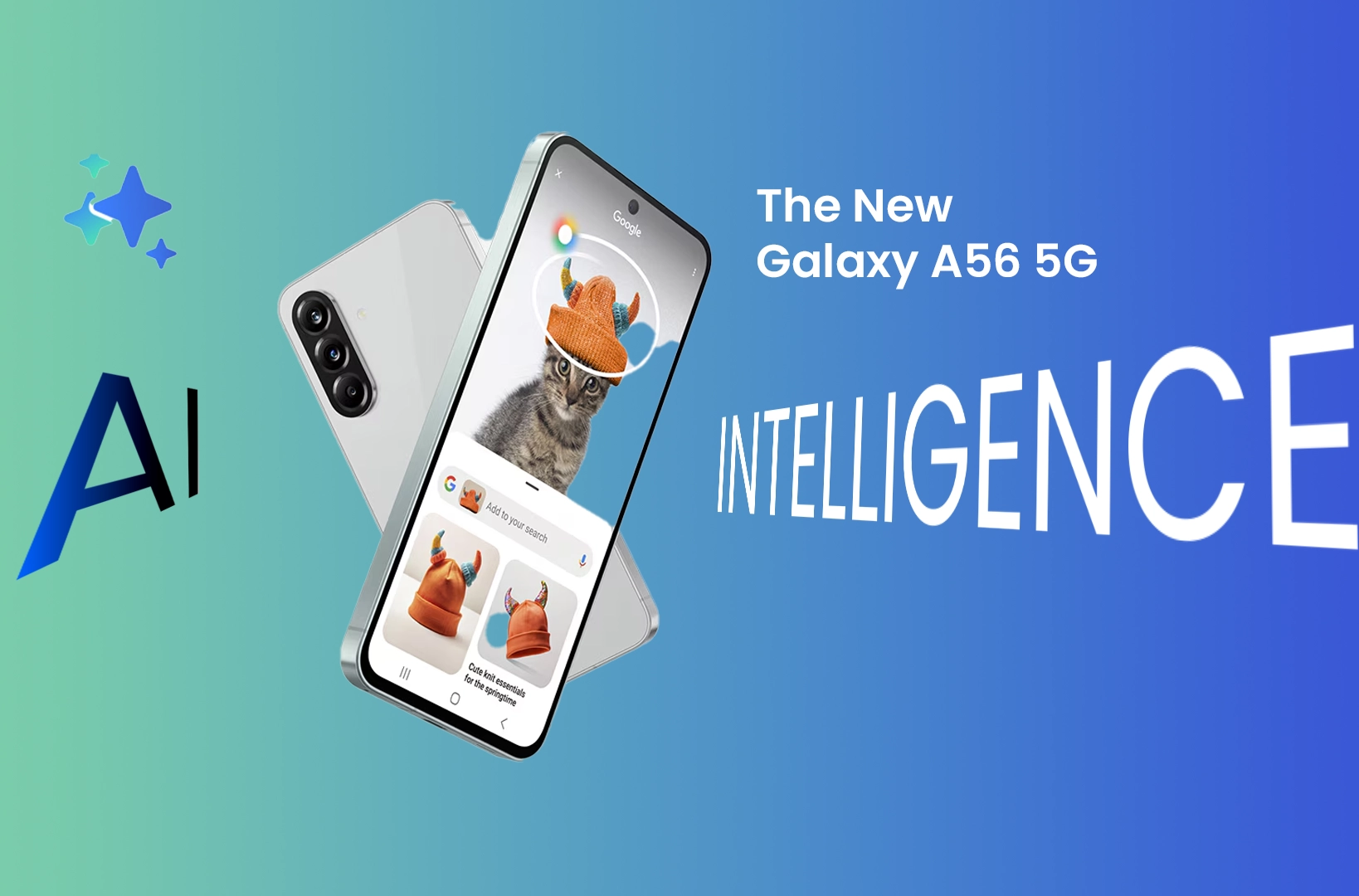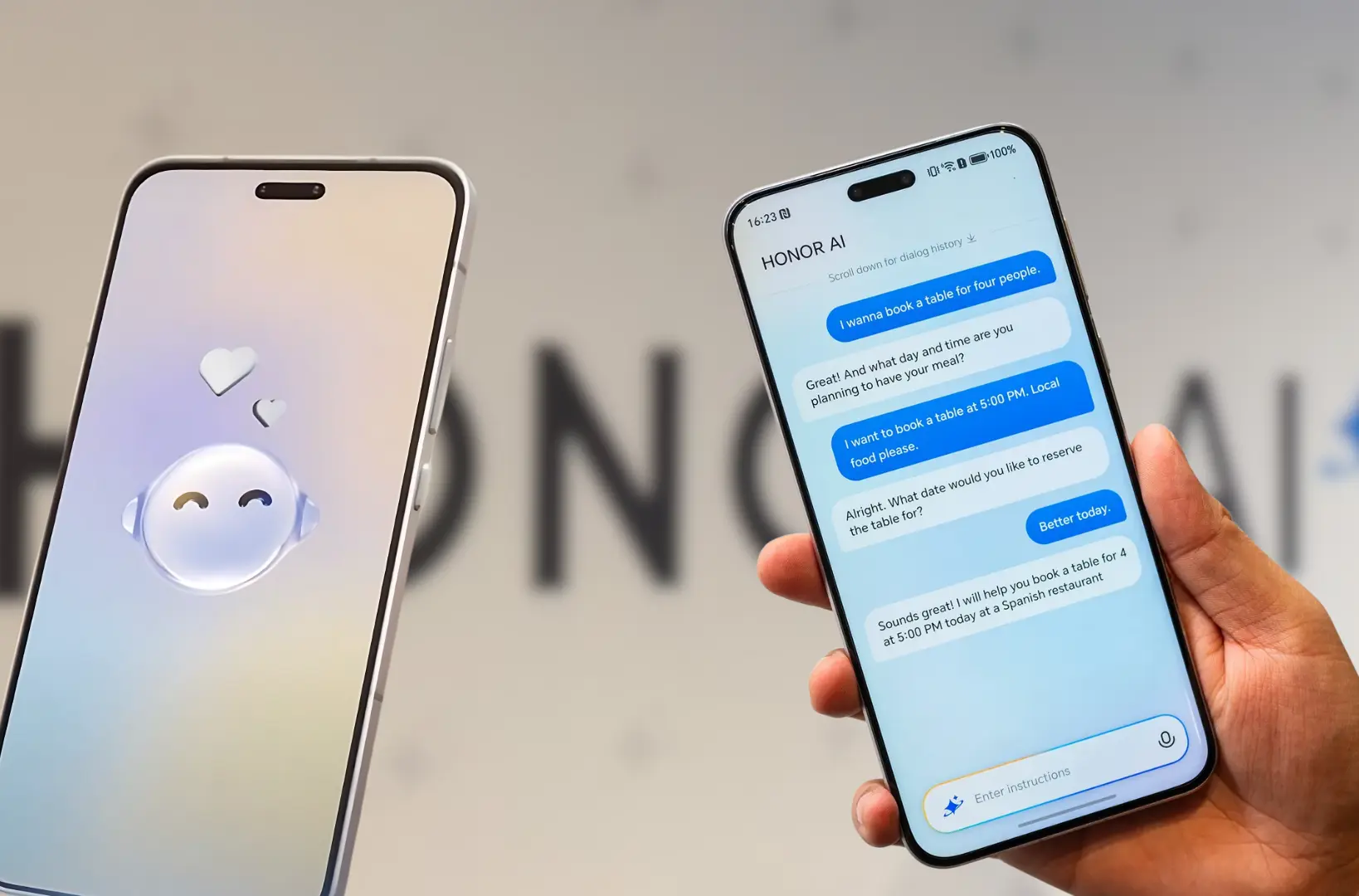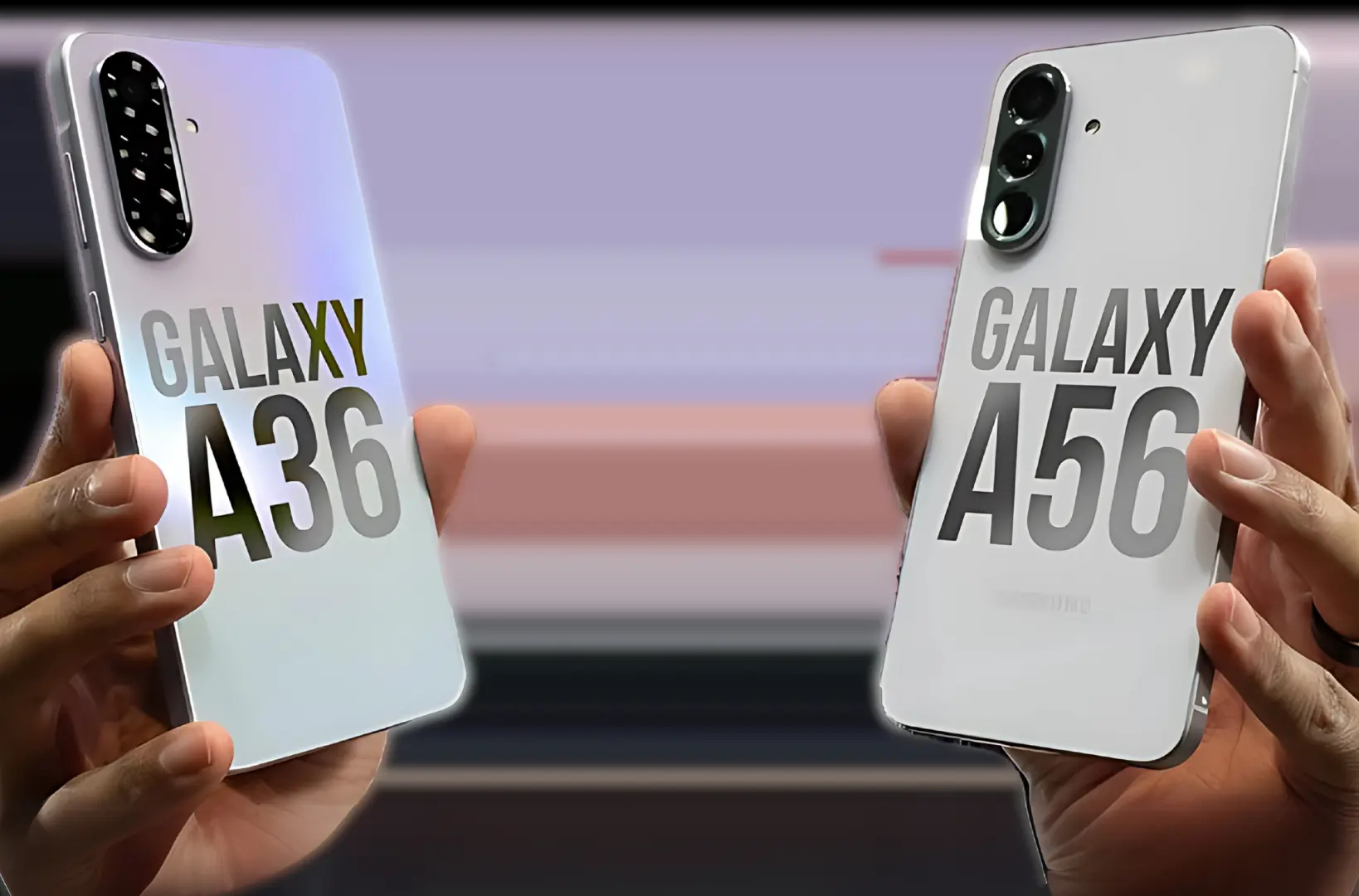The smartphone industry, one of the most fiercely competitive markets in the world, is witnessing a seismic shift as Samsung unveils its latest lineup of AI-powered devices. With this bold step, Samsung is not just showcasing its technological prowess but also staking its claim as a leader in the rapidly evolving field of artificial intelligence (AI). This launch is part of the company’s strategy to outmaneuver competitors like Apple and fend off increasing pressure from Chinese brands such as Xiaomi, Oppo, and Huawei.
This blog delves into Samsung’s AI innovations, the competitive landscape, and what this means for the future of smartphones and consumer experiences.
The Rise of AI in Smartphones
AI has long been a buzzword in the tech industry, but its integration into smartphones transforms how these devices function and interact with users. Samsung’s new AI-powered lineup is a testament to how deeply artificial intelligence can be woven into everyday gadgets.
Samsung’s AI strategy revolves around enhancing user convenience, performance optimization, and creating a more intuitive smartphone experience. Unlike earlier generations of smartphones that relied on pre-defined algorithms, these new devices utilize real-time AI processing to adapt to user behavior, environment, and needs.
Key AI-Powered Features in Samsung’s New Devices
- AI-Driven Photography
Samsung has redefined smartphone photography by introducing advanced AI algorithms that elevate image quality. Cameras now recognize and adjust to scenes, lighting conditions, and objects in real time. Whether capturing a serene sunset or a bustling cityscape, the AI ensures optimal settings for each shot.
- Personalized User Experience
These smartphones employ AI to learn user habits over time. For instance, they can predict which apps you’re likely to use at different times of the day, automatically optimizing device performance and notifications for a seamless experience. - Enhanced Virtual Assistants
Samsung’s virtual assistant, Bixby, has received a significant upgrade. The AI-powered assistant now provides more context-aware responses, allowing users to complete tasks faster and with fewer commands. - Security Enhancements
Biometric authentication has been taken to the next level. Facial recognition, powered by AI, is faster and more accurate, even in low light. Ultrasonic fingerprint scanning adds another layer of robust security. - Battery Optimization
AI algorithms manage power consumption by analyzing user behavior. By prioritizing the most-used apps and reducing background activity for less critical functions, Samsung’s devices ensure longer battery life without compromising performance.
Samsung vs. the Competition
The smartphone industry is a battleground where even minor innovations can tilt the scales in favor of one brand over another. With its AI-powered devices, it is gearing up to challenge both ends of the competitive spectrum: Apple’s ecosystem-driven premium devices and the cost-efficient, feature-packed offerings from Chinese brands.
The Apple Rivalry
Apple has long been Samsung’s primary competitor in the premium smartphone segment. While Apple’s strength lies in its tightly integrated ecosystem of hardware and software, it’s AI-driven approach offers a new dimension of user experience. By focusing on adaptability and personalization, it’s devices aim to offer more flexibility compared to Apple’s often rigid system.
One area where it is directly challenging Apple is photography. While Apple’s iPhone has traditionally been the gold standard for smartphone cameras, Samsung’s AI-enhanced camera technology could potentially leapfrog Apple in terms of both innovation and user satisfaction.
The Chinese Contenders
Chinese smartphone manufacturers have been gaining ground with their aggressive pricing and impressive feature sets. Brands like Xiaomi, Oppo, and Huawei have introduced advanced AI features in mid-range devices, making them highly attractive to budget-conscious consumers.
Samsung’s strategy to counter this threat lies in its ability to combine cutting-edge AI with premium build quality and brand trust. Unlike many Chinese competitors, Samsung’s global presence and extensive after-sales network provide an added advantage that resonates with consumers.
Broader Implications for the Smartphone Industry
Samsung’s new AI-powered smartphones represent more than just a technological milestone; they signify the direction in which the entire industry is heading. Here are some key implications:
- Smarter, More Intuitive Devices: AI integration means that smartphones are no longer just tools for communication and entertainment. They are becoming intelligent companions that anticipate user needs and adapt accordingly. From predicting your morning commute to managing your smart home devices, the possibilities are endless.
- AI as a Differentiator: In a saturated market, AI features are becoming a critical differentiator for brands. Companies that can effectively leverage AI to enhance user experiences will likely emerge as leaders in the coming years.
- Increased Focus on Privacy: As AI becomes more integrated into smartphones, concerns about data privacy and security are growing. Samsung’s commitment to on-device AI processing—where sensitive data is analyzed locally rather than being sent to the cloud—could set a new benchmark for privacy-conscious consumers.
- Impact on the Broader Tech Ecosystem: AI-powered smartphones are not standalone devices. Their capabilities extend to other connected technologies, including wearables, smart home systems, and IoT devices. Samsung’s AI innovations will likely drive advancements across its entire product lineup, creating a more cohesive tech ecosystem.
What This Means for Consumers
For consumers, Samsung’s AI-powered smartphones promise a future where technology is not just accessible but deeply intuitive. Tasks that once required manual effort are now automated, allowing users to focus on what matters most. For instance:
- Enhanced Creativity: AI-powered cameras and editing tools make professional-grade photography and videography accessible to everyone.
- Time-Saving Convenience: Virtual assistants and predictive interfaces reduce the time spent on repetitive tasks.
- Improved Connectivity: Seamless integration with other smart devices creates a more connected lifestyle.
However, these advancements also raise questions about accessibility and affordability. While Samsung’s premium devices showcase the pinnacle of AI innovation, their high price points may put them out of reach for many consumers. Striking a balance between innovation and inclusivity will be key to Samsung’s long-term success.
The Road Ahead
Samsung’s unveiling of AI-powered smartphones marks the beginning of a new chapter in the tech industry. As the company continues to refine its AI capabilities, it will be interesting to see how competitors respond. Apple may double down on its ecosystem advantages, while Chinese brands will likely focus on delivering similar features at lower costs.
Ultimately, the race to dominate the smartphone market will hinge on more than just technology. Factors like pricing, user trust, and the ability to address consumer pain points will play a crucial role.
Samsung’s latest devices may not guarantee immediate victory, but they have certainly set a new standard for what smartphones can achieve. The question now is: how will the rest of the industry rise to the challenge?
Conclusion
Samsung’s new AI-powered smartphones are more than just another product launch; they’re a bold statement of intent. By prioritizing AI-driven innovation, the company is not only positioning itself as a leader in the tech world but also shaping the future of how we interact with technology. Whether you’re a tech enthusiast, a loyal Samsung user, or simply someone intrigued by the possibilities of AI, one thing is clear: the smartphone revolution is far from over, and Samsung is at the forefront.
Suggested reads:
- Samsung Galaxy S25 vs. Galaxy S24 A Detailed Comparison
- Samsung & OpenAI Bring ChatGPT to Smart TVs Redefining Entertainment
- Samsung Galaxy S25 Redefining Smartphone Innovation in 2025

Jahanzaib is a Content Contributor at Technado, specializing in cybersecurity. With expertise in identifying vulnerabilities and developing robust solutions, he delivers valuable insights into securing the digital landscape.
